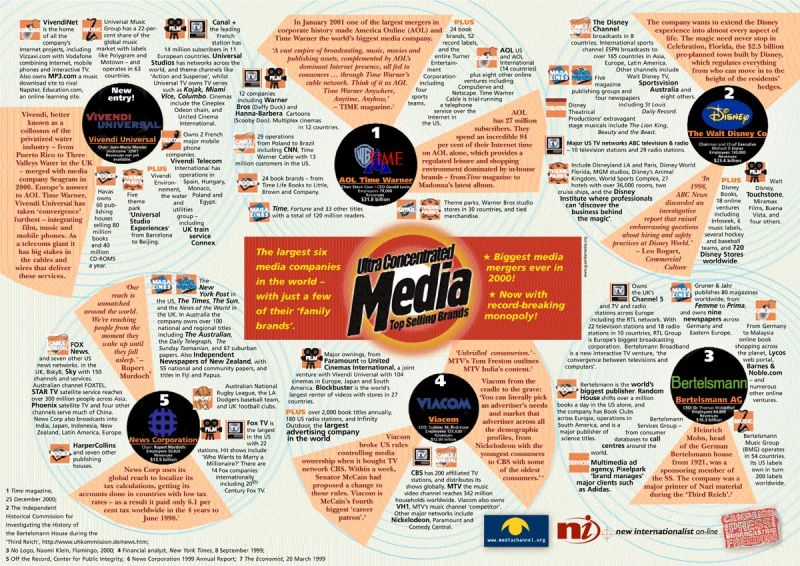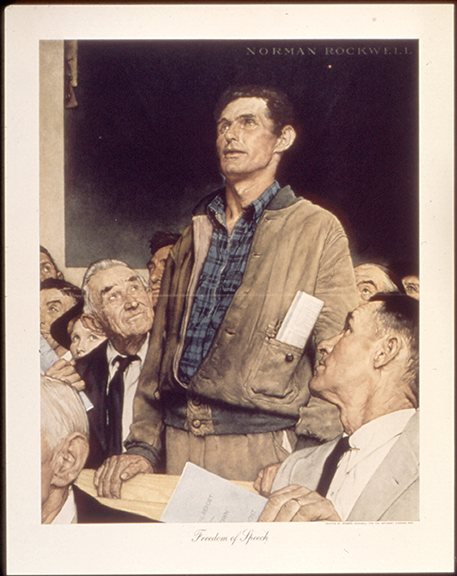New York Times Publisher A.G. Sulzberger wrote this on Feb. 20, 2019: America’s founders believed that a free press was essential to democracy because it is the foundation of an informed, engaged citizenry. That conviction, enshrined in the First Amendment, has been embraced by nearly every American president. Thomas Jefferson declared, “The only security of all is in a free press.” John F. Kennedy warned about the risks to “free society without a very, very active press.” Ronald Reagan said, “There is no more essential ingredient than a free, strong and independent press to our continued success.”
All these presidents had complaints about their coverage and at times took advantage of the freedom every American has to criticize journalists. But in demonizing the free press as the enemy, simply for performing its role of asking difficult questions and bringing uncomfortable information to light, President Trump is retreating from a distinctly American principle. It’s a principle that previous occupants of the Oval Office fiercely defended regardless of their politics, party affiliation, or complaints about how they were covered.
The phrase “enemy of the people” is not just false, it’s dangerous. It has an ugly history of being wielded by dictators and tyrants who sought to control public information. And it is particularly reckless coming from someone whose office gives him broad powers to fight or imprison the nation’s enemies. As I have repeatedly told President Trump face to face, there are mounting signs that this incendiary rhetoric is encouraging threats and violence against journalists at home and abroad.
Through 33 presidential administrations, across 167 years, The New York Times has worked to serve the public by fulfilling the fundamental role of the free press. To help people, regardless of their backgrounds or politics, understand their country and the world. To report independently, fairly and accurately. To ask hard questions. To pursue the truth wherever it leads. That will not change.






